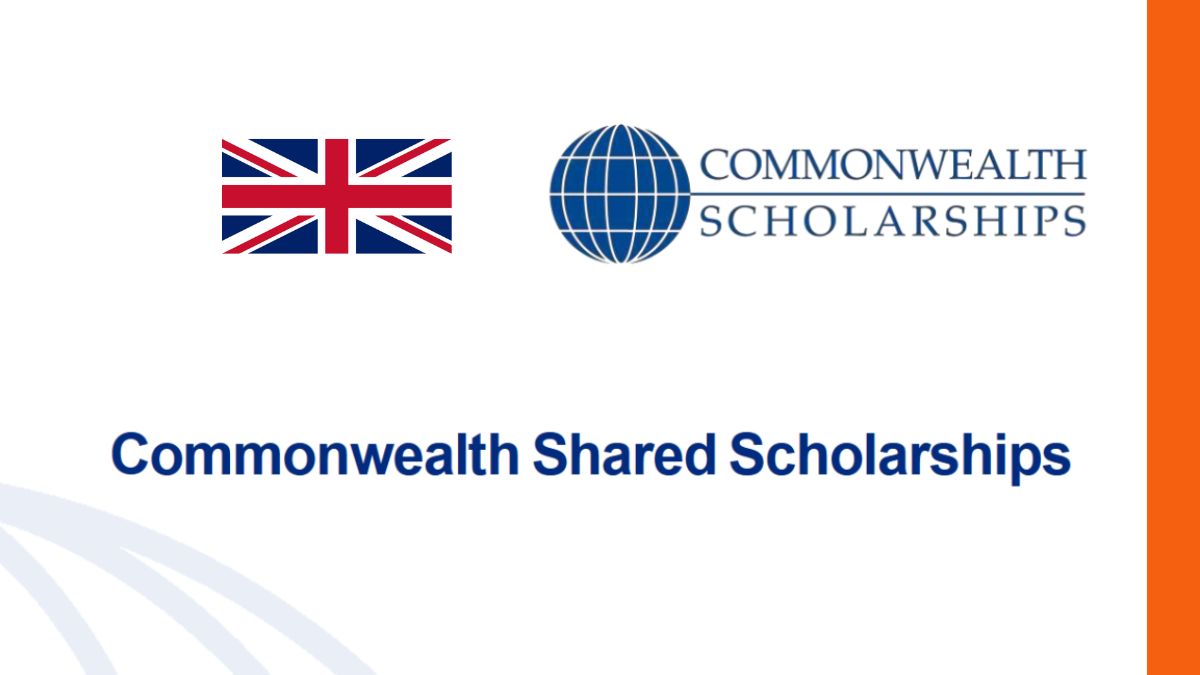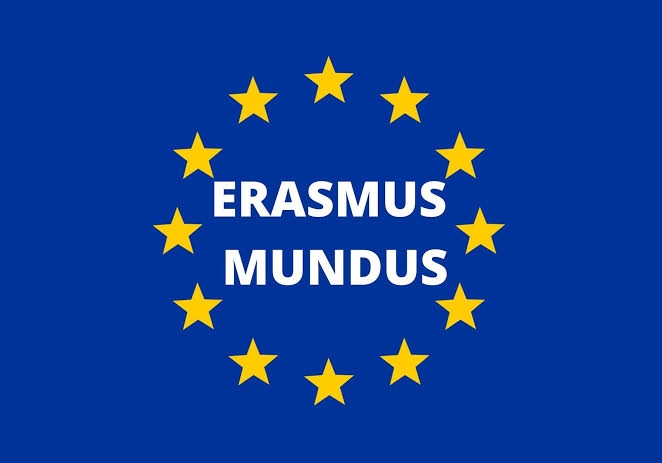2026 Commonwealth Shared Scholarship — Application Checklist, Documents, Essays & Action Plan
A step-by-step preparation guide to submit a compelling Commonwealth Shared Scholarship application and maximize your chance of success.
Why preparation matters: the short window and high competition
The Commonwealth Shared Scholarship is one of the most competitive UK scholarships available to students from Commonwealth countries. Each year thousands apply; only a small number are selected. The application window is short (typically 15–30 days). That means your success depends less on luck and more on preparation—having admission, documents, referees and essay drafts ready before the portal opens dramatically improves your chances.
Quick checklist snapshot
1. Secure admission to an eligible UK university (Start now)
Before nomination to the Commonwealth Scholarship Commission (CSC), you must be accepted (conditional or unconditional) to a participating UK university for an eligible course. There is a list of participating institutions and approved courses—your chosen programme must be on that list. Because university application cycles vary, apply to your chosen university early and track response timelines carefully.
Action items
- Create a shortlist of 4–6 participating universities and eligible courses that match your development goal.
- Note each university’s admission deadlines and typical decision windows.
- Submit university applications (indicate that scholarships will be sought where asked).
- If required, request conditional offers or expedited assessments from universities where possible.
2. Verify course eligibility and development alignment
Not every course qualifies. The Commonwealth Shared Scholarship focuses on development themes (e.g., health, education, governance, climate, agriculture, science & technology). Confirm your course is listed under the CSC development themes and that your proposed study has clear development impact for your home country.
Action items
- Check the CSC’s list of eligible courses and development themes for 2026.
- Map how your chosen programme contributes to development outcomes in your country (this is central to your essays).
- Keep evidence of course modules and learning outcomes to cite in your application.
3. Prepare official academic documents early (transcripts, certificates)
Missing or late documents are a top reason for disqualification. Assemble certified transcripts, degree certificates, and translations in advance. If you are a final-year student, secure a statement of results or a predicted grade letter from your university.
Documents to prepare
- Official academic transcripts for all higher education programmes
- Degree certificates (scanned & certified)
- Statement of results for final-year students
- Certified translations for any documents not in English
Action items
- Request transcripts early from your institution (processing can take weeks).
- If your university requires collection in person, arrange this well before the application window.
- Obtain certified translations from approved translators if needed.
4. Prepare and pre-inform your referees (three references)
The CSC expects strong, dated and signed references on institutional letterhead. You must upload these as part of your application. Because referees are not contacted automatically during initial submission, you must secure and upload the references yourself.
Who to ask
- Your undergraduate/masters project supervisor
- A university lecturer who knows your academic ability
- A current employer or professional supervisor who can comment on experience and leadership
Reference checklist
- Official letterhead, signature and date
- Contact details of the referee (institutional email and phone)
- Clear statements about your suitability and development potential
Action items
- Contact referees early; explain the scholarship aims and required submission format.
- Provide referees with your CV and a short brief (bullet points) highlighting what you want them to emphasize.
- Request signed, dated PDF versions and confirm you will upload them in the portal.
5. Draft and perfect the scholarship essays (start now)
The essays are the backbone of your application: they demonstrate development impact, feasibility and your commitment to apply knowledge back home. The CSC commonly asks questions that require concise, evidence-based responses — the 2026 application typically includes eleven focused prompts (word limits vary). Draft early and iterate with peer and mentor feedback.
Typical essay questions & suggested approach
The following list reflects the common CSC prompts — adapt to the official 2026 application wording and word limits when the portal opens.
| Question | Notes & approach |
|---|---|
| Q1 — How your proposed study relates to development issues (200 words) | Be direct: name the problem, evidence, and how the degree addresses it in your country. Use one or two data points. |
| Q2 — How you intend to apply new skills (100 words) | Give practical examples: projects, employers, community programs — concrete next steps. |
| Q3 — Expected change in development terms (250 words) | State measurable outcomes: e.g., % improvement, number of beneficiaries, new policies influenced. |
| Q4 — How impact will be measured (100 words) | Propose clear indicators and data sources — baseline, monitoring frequency, responsible parties. |
| Q5 — Objectives during the award (250 words) | Outline learning goals, internships, networking and research outputs you will pursue while studying. |
| Q6 — Career plans 5 years after the award (250 words) | Concrete timeline: roles, institutions, policies or programs you will lead, and how you’ll scale impact. |
| Q7 — Long-term career plans (250 words) | Explain your vision and how the degree is essential to achieving it — national/regional impact. |
| Q8 — Outline of proposed study (120 words) | Non-technical explanation suitable for non-specialists — why this program matters. |
| Q9 — Detailed plan of study (300 words) | Describe modules, research methods, expected thesis or capstone, and how it ties to outcomes. |
| Q10 — Personal background & motivation (500 words) | Tell your story: motivations, challenges, achievements, and why you’ll be an effective Commonwealth Scholar. |
| Q11 — Voluntary activities & leadership (500 words) | List roles, duration, measurable achievements and leadership lessons. Show impact, not just attendance. |
Essay-writing tips
- Start early and write several drafts.
- Use active voice and concrete examples.
- Quantify impact where possible.
- Align every answer to development outcomes and your post-study plans.
- Get feedback from mentors and edit for clarity and word limits.
6. Prepare a strong CV and a concise research/project plan
Your CV must be clear, concise and achievement-oriented (max 2 pages). The CSC reviewers often scan CVs quickly, so prioritize highlights, publications, project outcomes, leadership and relevant technical skills.
CV checklist
- Contact details (professional email)
- Education with dates and institutions
- Work experience with brief achievements (use numbers where possible)
- Research, publications, presentations
- Volunteer/community engagement and leadership roles
- Relevant technical skills and languages
Research / project plan
For research-based courses, prepare a concise plan (500–800 words) describing the research question, methodology, expected outputs and relevance to development. Cite one or two key references to show familiarity with the field.
7. English proficiency & test evidence (if required)
Some programmes or universities require English tests (IELTS, TOEFL) while others accept evidence of prior English-medium study. Check each university’s rules and either book tests early or prepare supporting documents (degree in English, official letter from university).
Action items
- Confirm language requirements per university.
- Book tests early — centres fill quickly.
- If exempted, obtain an official institutional letter confirming English-medium instruction.
8. Translations, notarizations and file formats
CSC requires certified translations for non-English documents and specific file types. Avoid delays by organizing certified translators and scanning documents at high resolution.
Tips
- Scan documents as searchable PDFs where possible.
- Ensure translations are certified by recognized authorities (university, embassy or accredited translator).
- Follow file size limits in the application portal — compress PDFs when necessary without losing legibility.
9. Create a realistic timeline & action plan
Use the short application window to your advantage: prepare everything before the portal opens and reserve the application days for final edits and uploads. Here’s a recommended 6-week action plan you can adapt:
| Week | Key Actions |
|---|---|
| Week −6 | Choose universities & courses; request transcripts; contact prospective referees |
| Week −5 | Draft essays and CV; request certified translations; start research plan |
| Week −4 | Referee letters collected; revise essays with feedback; book English test if needed |
| Week −3 | Finalize university applications; obtain conditional offers where possible |
| Week −2 | Run final essay edits; proofread; prepare file uploads and naming conventions |
| Application window | Upload all documents, verify entries, submit before the deadline and keep confirmation receipts |
10. Common mistakes to avoid
- Missing or late transcripts and certificates — request them early.
- Weak or generic essays — personalise and show evidence of impact.
- Unsigned or undated referee letters — request signed PDFs.
- Applying to an ineligible course — double-check CSC lists.
- Poor file naming and missing attachments — use consistent names and verify uploads.
- Leaving submission to the last day — technical issues can block access.
11. Final submission checklist (day of upload)
- Confirm you have an eligible university offer (or conditional offer).
- All transcripts & certificates scanned and uploaded (with translations where needed).
- Three signed & dated references on official letterhead uploaded.
- All essays finalised and within word limits; spell-check and proofread.
- Updated 2-page CV uploaded.
- Personal statement / research plan uploaded if required.
- Passport bio-data page scanned and uploaded.
- Confirm all fields in the online form are complete and consistent.
- Submit application and save confirmation/reference number and a screenshot.
Frequently Asked Questions (FAQ)
- Q: Do I need an unconditional offer from the university before applying?
- A: You must have a conditional or unconditional offer from a participating university to be nominated. Many applicants apply with a conditional offer.
- Q: Can final-year students apply?
- A: Yes. Final-year students can apply using a statement of results or predicted grades — confirm with your university and upload supporting documents.
- Q: Are online/part-time courses eligible?
- A: CSC typically funds full-time on-campus postgraduate study. Verify the eligibility of part-time or distance learning options with the official CSC guidance for 2026.
- Q: What makes an essay stand out?
- A: Clear development focus, evidence of impact, realistic monitoring measures, and a credible post-study plan. Use numbers and short examples where possible.
- Q: How important are referees?
- A: Very important. Good referees validate your claims and speak to your academic/research potential and leadership. Choose them wisely and brief them well.
Conclusion — your roadmap to a strong application
The Commonwealth Shared Scholarship is highly competitive but reachable with careful, timely preparation. Start early: secure your university offer, assemble transcripts and translations, brief referees, and draft the eleven essays well ahead of time. Use the timeline above, avoid common mistakes, and treat each question as an opportunity to show measurable development outcomes.
Finally, remember quality over quantity — a perfectly uploaded, well-evidenced application with strong referees and focused essays will always stand out. Good luck — prepare thoroughly, submit confidently, and we hope to see you among the 2026 Commonwealth Scholars.
APPLY NOW! Join Our Telegram Channel











